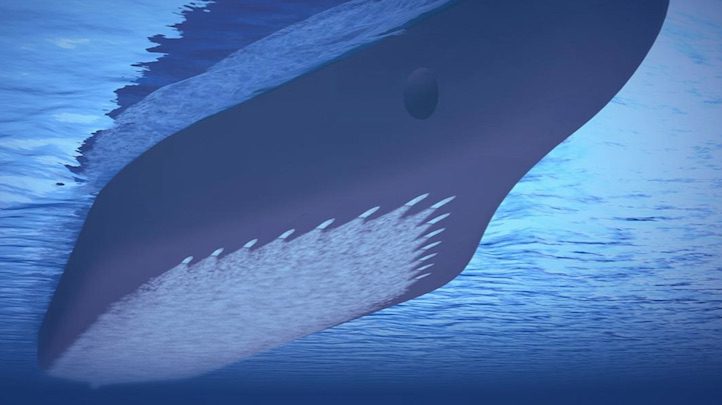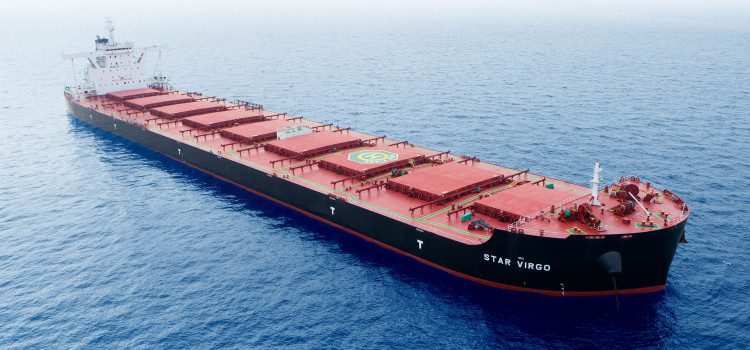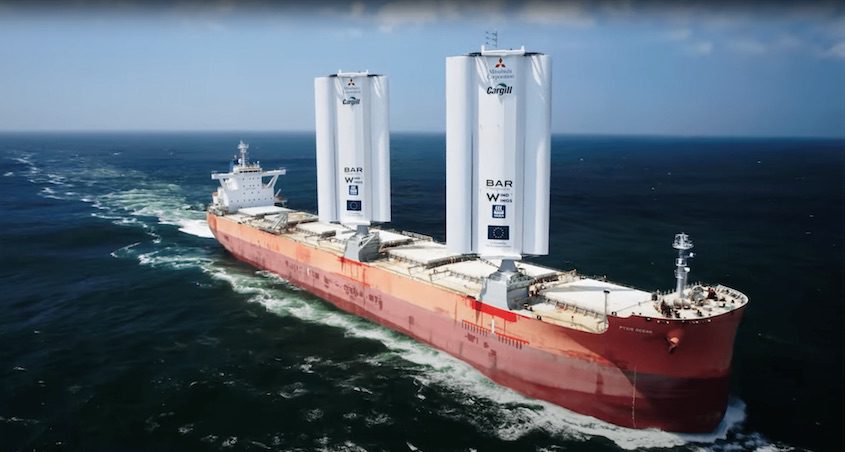22 December 2024
More Air Lubrication Systems on cruise ships

World’s largest cruise company to install air lubrication technology on at least 20% of the ships in its fleet to reduce hull drag, fuel consumption, and carbon emissions.
On top of four systems already in operation, the company is currently adding air lubrication on five ships. Meantime, plans to install the technology on at least 10 more ships across a majority of its brands through 2027.
Concept
Carnival Corporation & plc is the world’s largest cruise company. Today, the company announced plans to expand the program for the installation of Air Lubrication Systems (ALS). Particularly, they will proceed with applications to a majority of the cruise line brands in its fleet through 2027. This will expectedly generate significant savings in fuel consumption and carbon emissions by reducing hull drag by approximately 5% per ship.
Note that, the company is currently installing the ALS on five total ships, including two ships in 2022. In addition, the company is planning at least 10 more installations. Specifically addressed to existing and newbuild ships across more than half of its cruise line brands. Also expects continued expansion of the ALS program over time. The expansion plans base on the success of four systems currently operating on ships.
ALS technology first saw service within the Carnival Corporation fleet in 2016 with the introduction of AIDAprima. The system generates a cushion of air bubbles to lubricate the flat bottom of a ship’s hull. Hence, reducing friction between the ship and surrounding water, resulting in savings in energy and fuel consumption across a wide speed range.
Company’s Vision
“The installation of air lubrication technology is another example of our ongoing efforts to drive energy efficiency and reduce fuel consumption and emissions throughout our fleet… We look forward to expanding the ALS program and furthering our long-term sustainability strategy to continually invest in a broad range of energy reduction initiatives, which has included over $350 million invested in energy efficiency improvements since 2016.”
Bill Burke, Chief Maritime Officer for Carnival Corporation
As part of its longer-term sustainability plan, the company remains focused on its commitment and efforts. Thus, establishing a pathway to decarbonization. Having peaked its absolute carbon emissions in 2011, the company has made significant progress over the past 15 years in reducing its carbon emission intensity – despite significant capacity growth during that time – and achieved its 2020 carbon intensity reduction goal three years ahead of schedule (in 2017).
Overall, the company has committed to significant investments to achieve its 2030 sustainability goals and 2050 aspirations. These incorporate six focus areas overall, including climate action; circular economy; sustainable tourism; good health and well-being; diversity, equity and inclusion; and biodiversity and conservation. Among these priorities, the company has committed to reduce carbon emission intensity by 20% from its 2019 baseline by 2030. Moreover, it has set an aspiration to achieve net carbon-neutral ship operations by 2050.
Source: Carnival Corp.
See Also
Greek dry bulk shipping firm Star Bulk Carriers has earned back its $250 million exhaust gas cleaning scrubber investment, within a span of 2.5 years.

Star Bulk recovers $250m scrubber investment
Star Bulk Carriers has earned back its $250 million investment in exhaust gas cleaning scrubbers, within a span of 2.5 years.


